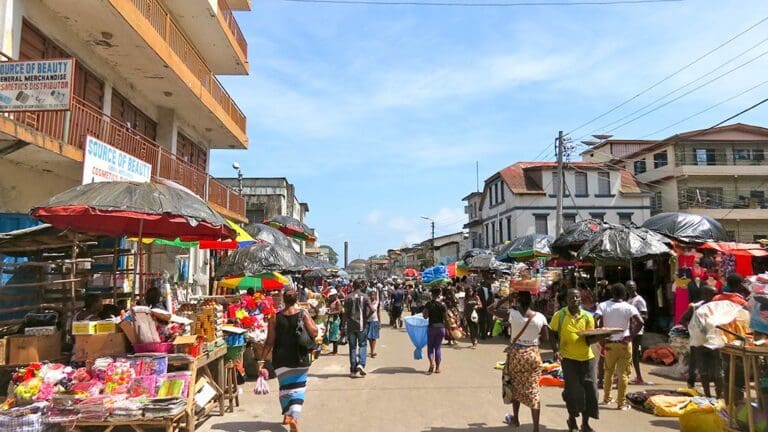The report, “Sierra Leone Human Capital Review: Maximizing Human Potential for Resilience and Inclusive Development,” praises the government’s commitment to improving health and education.
Increased funding for these sectors has led to better health outcomes, reduced child mortality rates, and more years of expected schooling.
Initiatives like Free Quality Education (2018) and the “Ep Fet Po” cash transfer program are highlighted for expanding access to education and supporting vulnerable populations.
Despite progress, Sierra Leone’s human capital development scores rank low globally.
The report finds that only around two-thirds of youth are expected to reach 60, and malnutrition remains a concern.
The World Bank’s Human Capital Index (HCI) indicates a child born today will be only 35% as productive as they could be with full health and education.
The report calls for prioritizing investments in foundational learning, health, job skills training, and social protection.
Strengthening workforce management, implementing a minimum social safety net, and improving governance are also emphasized.
Targeting vulnerable groups like girls, women, and the poorest for human capital investments is crucial.
The World Bank reaffirms its commitment to supporting human capital development in Sierra Leone.
The report’s findings aim to be a resource for policymakers and stakeholders working towards a prosperous future for the nation.
By investing in its people, Sierra Leone can build a more resilient, inclusive, and prosperous society.
This World Bank report underscores the importance of sustained investments in human capital for Sierra Leone’s long-term development. By addressing remaining challenges and implementing the report’s recommendations, the country can empower its people and achieve a brighter future.
ABJ/APA


